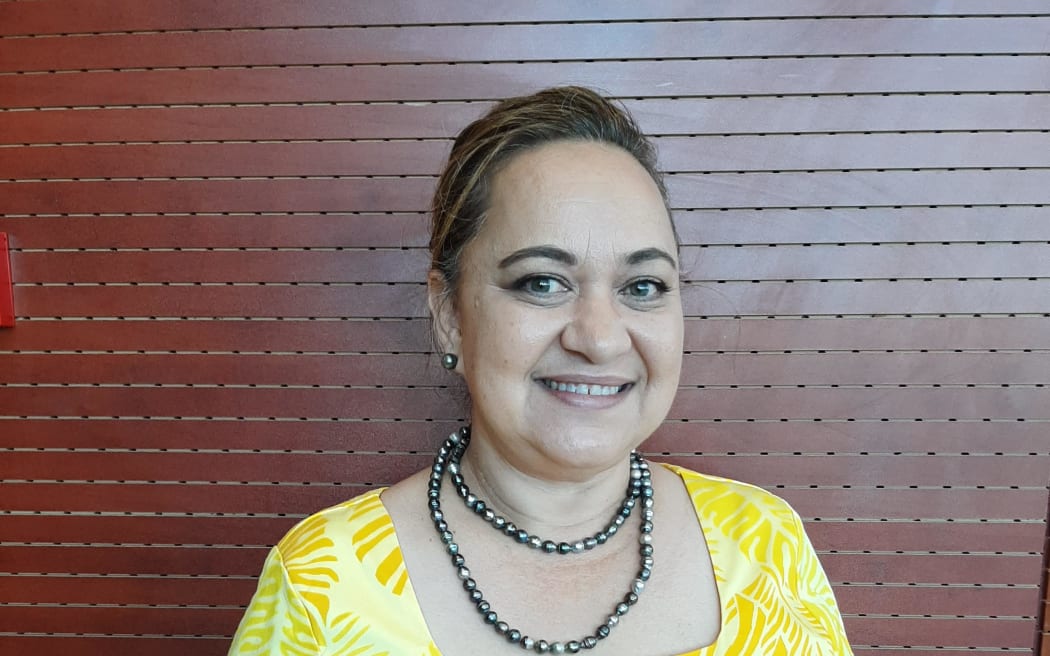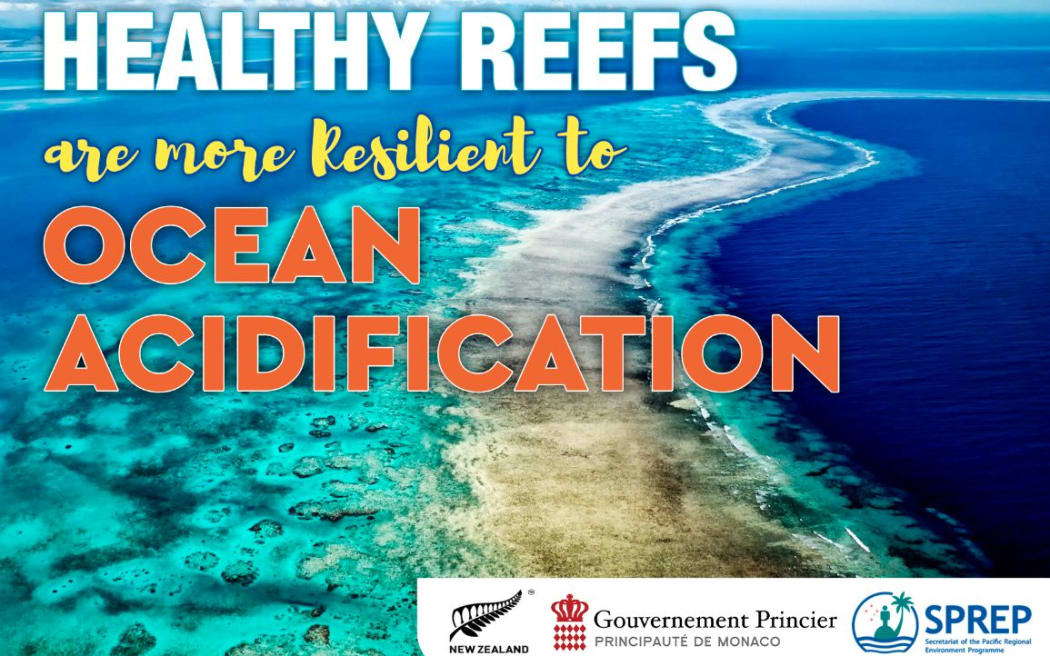Our ocean is central to our cultural traditions, legends, and way of life
Thursday 16 June 2022 | Written by RNZ | Published in Pacific Islands, Regional

Photo: RNZ
Opinion - "As Pacific Island people, we have a deep connection to the ocean. We are Small Islands Developing States and Large Ocean Island States.
Our ocean has carried our ancestors across waters to forge new lives. Our ocean is central to our cultural traditions, legends, and way of life writes Tagaloa Cooper*, Director of Climate Change Resilience, Secretariat of the Pacific Regional Environment Programme (SPREP)
Our ocean is a source of food and livelihood for so many of us. Much of our traditional knowledge such as weather indicators, fishing, and resilience is related to our ocean.
While we know the value of our ocean as Pacific island people, our ocean is also the primary climate regulator for our whole planet, increasing its value for our global population. We are never tired of this narrative as our ocean encompasses our Pacific Islands identity, instead, it has propelled us forward as a people to fight for a healthy ocean.
Our ocean has cared for and nurtured us, now it is our turn to care and nurture back.
The UN Ocean Conference 2022 will be held in Lisbon, Portugal and discuss minimising and addressing ocean acidification, deoxygenation, and ocean warming.
Having absorbed 90 percent of the excess heat in the climate system, and approximately 30 percent of the carbon dioxide released into our atmosphere, our ocean is changing. We are facing sea-level rise, more frequent and intense storms, marine heat waves, loss of marine life and habitats as well as ocean acidification.

This threatens our ocean life making it difficult for certain marine species to grow their skeletons and shells. Our coral reefs will also dissolve faster than they can rebuild their skeletons.
We know of the damage to our ocean from climate change and as such many have worked hard to ensure our ocean is officially endorsed and acknowledged in our global convention on climate change, the UN Framework Convention on Climate Change.
In 2019 at the Twenty-Fifth Conference of the Parties to the UNFCCC, the first Ocean and Climate Change Dialogue was mandated. It was held in December 2020.
Then at the Twenty-Sixth Conference of the Parties to the UNFCCC in 2021, the Glasgow Climate Pact opened the opportunity for this dialogue to be an annual event starting at the Subsidiary Body for Scientific and Technical Advice in Bonn, June to strengthen ocean-based action.
We continue to raise the impacts upon our ocean in the face of climate change, working with over 190 countries asking for explicit inclusion of the impacts of increasing acidification within mitigation targets and adaptation strategies. This will help us accurately assess the full suite of change and vulnerability caused directly by increasing carbon dioxide emissions.
We need to increase and ease access to climate financing for the ocean and coastal climate monitoring and research, risk assessments, and remediation or adaptation measures. This should be explored through the available climate finance mechanisms available now.
Our Pacific Islands call for a 1.5-degree Celsius world for our Pacific survival and also embraces the survival of our ocean as without it we have no life.
While we can't see the impacts of ocean acidification just yet, we will. We'll experience a loss of our coral reefs which will mean a loss of homes for important seafood species. This will increase our vulnerability we will be left opened and exposed given that coral reefs play a role in dissipating 97 percent of the wave energy that would otherwise impact our shorelines.
The New Zealand-Pacific Partnership on Ocean Acidification Project is the only collaborative effort between SPREP, the Government of New Zealand, and the Government of the Principality of Monaco to build the resilience of our Pacific Island communities to ocean acidification. This led to activities in Fiji, Kiribati, and Tokelau as well as the development of communication and awareness materials. The project yielded some excellent lessons and concluded in early 2022.

At a national and community level, one of the biggest lessons that we can learn is what happens on land, will drive what happens in our ocean.
Local management can help change local ocean health, even when it comes to global problems like ocean acidification. Reducing our carbon dioxide emissions is the main solution but there are many actions we can pursue. We can also increase our biodiversity to build our ability to adapt and be resilient in the face of future change.
Our ocean health is incumbent on a global shift in responsibility. The global community together, can and must address ocean health. We as Pacific Islands people know and appreciate the value of our ocean. It is who we are.
And while we demonstrate, through our actions, the myriad of ways to protect our ocean, we call upon our global family to do what they can to contribute. Lower your carbon footprint, be mindful of your actions on land for a healthier environment, and lobby for stronger emissions targets to be reached.
Show your flex for 1pt5. Respect and care for our ocean - our lives depend on it.
Tagaloa Cooper is Director of Climate Change Resilience at the Secretariat of the Pacific Regional Environment Programme (SPREP)
She's currently in Bonn, Germany for the 56th sessions of the UNFCCC Subsidiary Body for Implementation and Subsidiary Body for Scientific and Technological Advice.














































